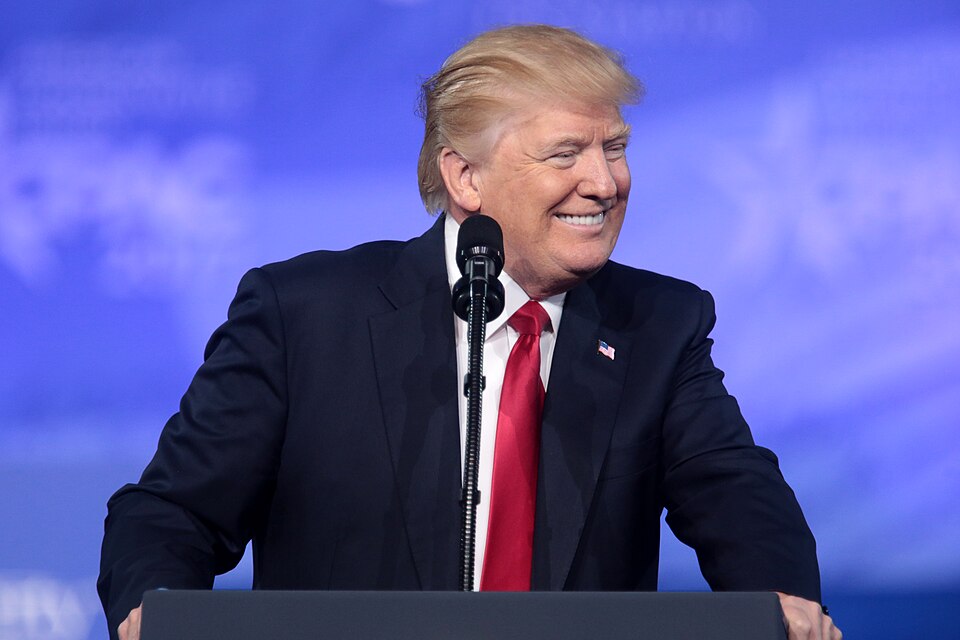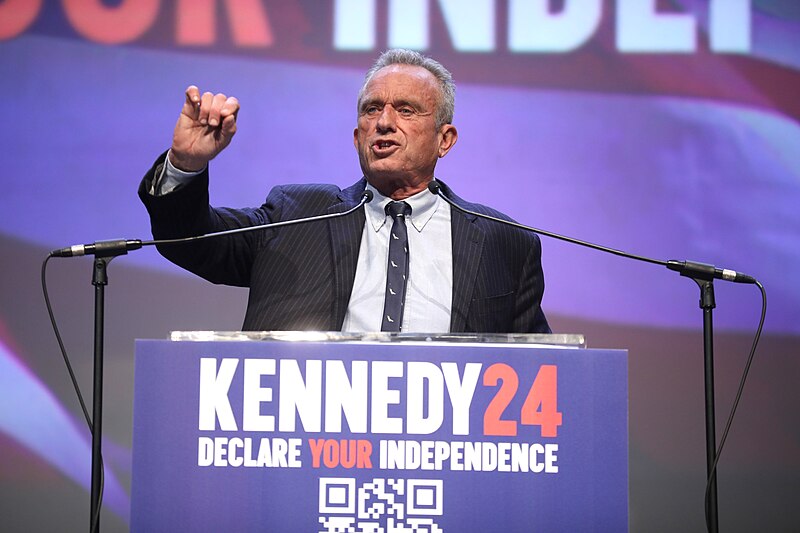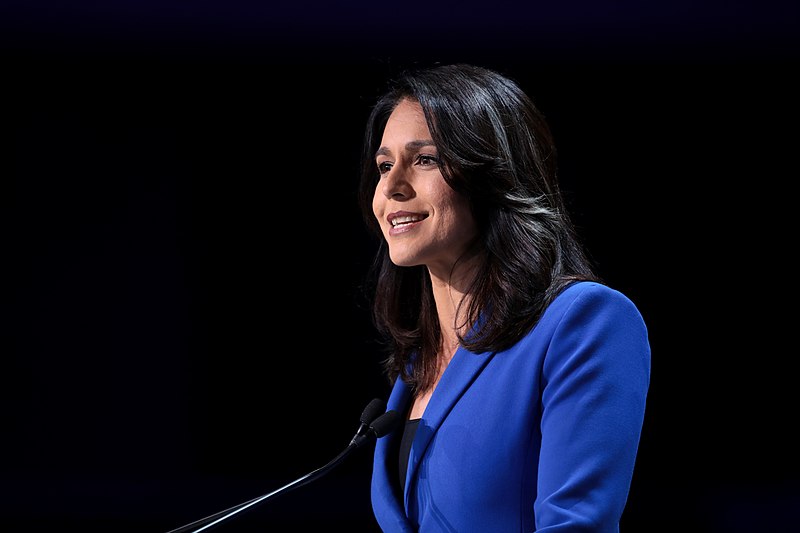
WhatsApp's head, Will Cathcart, has refuted allegations made by Elon Musk that the messaging app "exports your user data every night." Cathcart responded on X, stating that Musk's claim
was "not correct." He emphasized that WhatsApp messages are end-to-end encrypted, which means they cannot be accessed by the company.
Yann LeCun, the artificial intelligence chief at WhatsApp's parent company, Meta, also criticized Musk's assertions using strong language in a post on X. On another Meta platform, Threads, LeCun accused Musk of making contradictory and unrealistic statements about artificial intelligence and spreading conspiracy theories on his social media platform.
Musk is known for his online disputes, which have included confrontations with submariners and former employees. In this instance, Cathcart's assertion holds that only the sender and recipient can read WhatsApp messages. WhatsApp's dedication to encryption is so strong that it has stated it would prefer to be banned in the UK rather than compromise its encryption standards.
However, Musk's vague reference to "user data" being uploaded nightly might pertain to metadata—the supplementary information sent along with messages. Security researcher Tommy Mysk clarified on X that while WhatsApp messages are encrypted, user data encompasses more than just messages. It includes metadata such as user location, communication patterns, and contact interactions.
WhatsApp is known to share some metadata with other Meta-owned platforms, but this does not include the content of messages. Dr. Tristan Henderson, a computer science lecturer at the University of St Andrews, pointed out that the sharing of metadata can reveal significant information and is used for personalized advertising and suggestions within Meta's ecosystem.
The WhatsApp Privacy Policy explicitly states that user data may be utilized for "showing relevant offers and ads across the Meta Company Products." Photo by Helar Lukats, Wikimedia commons.


































































